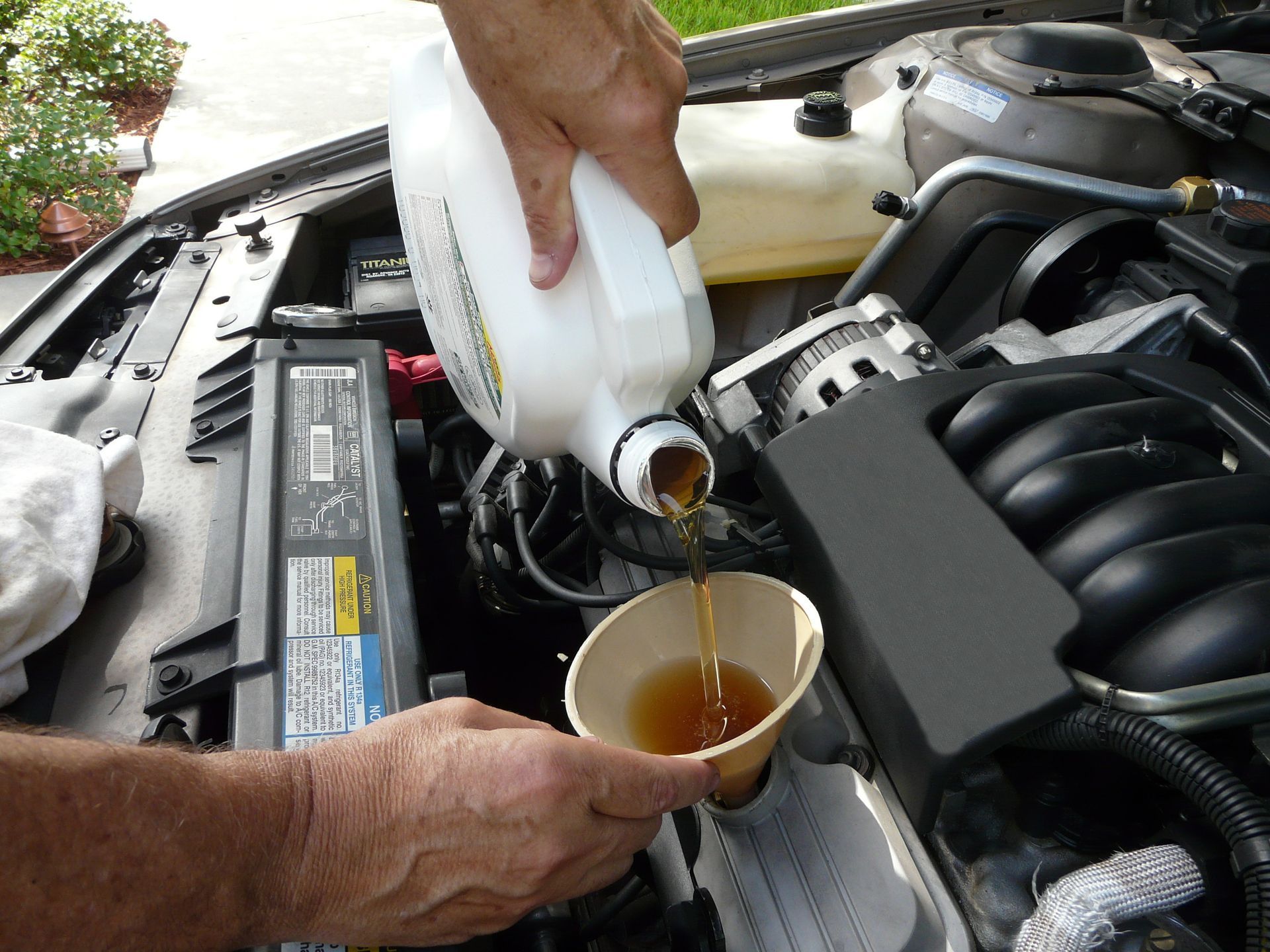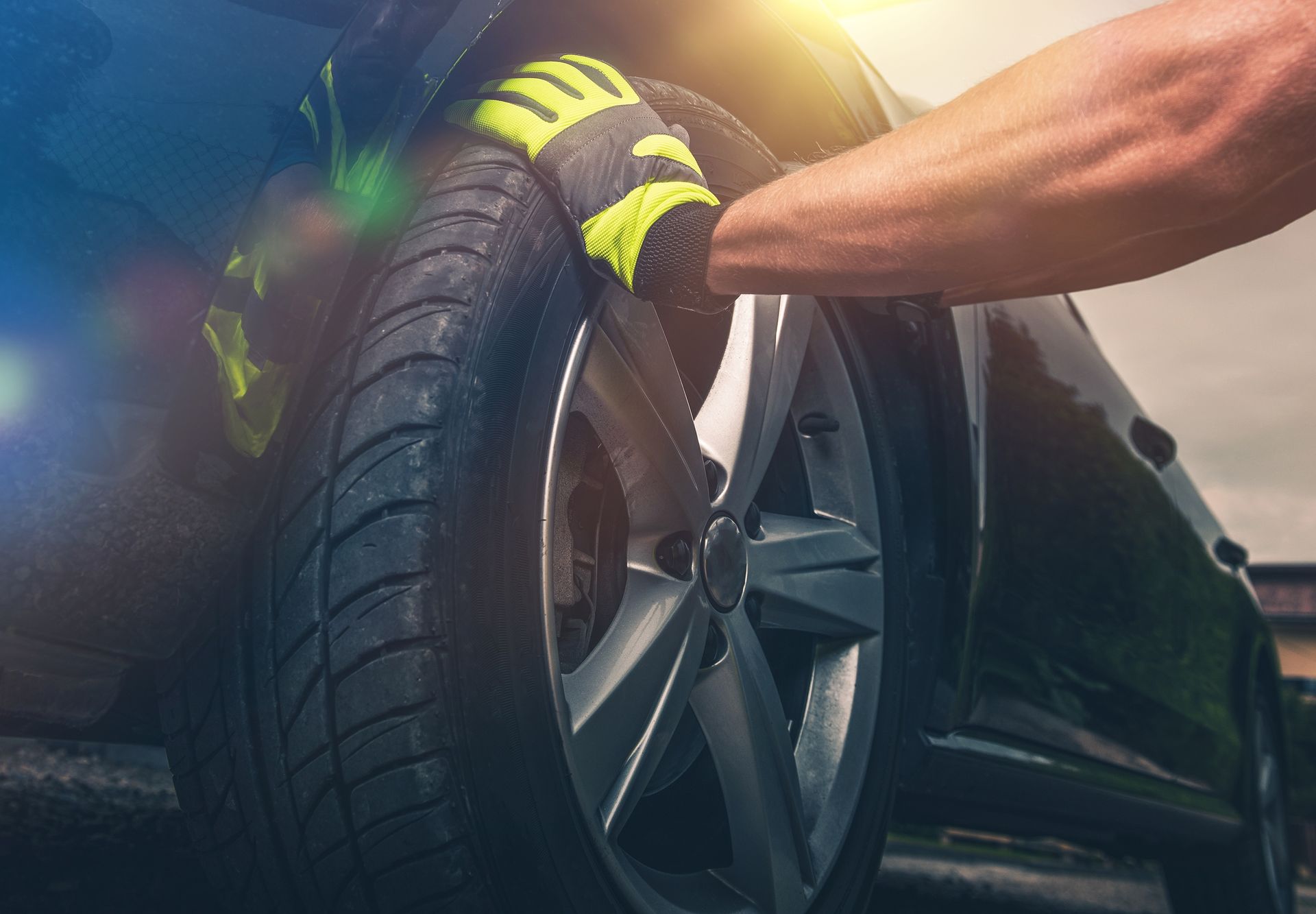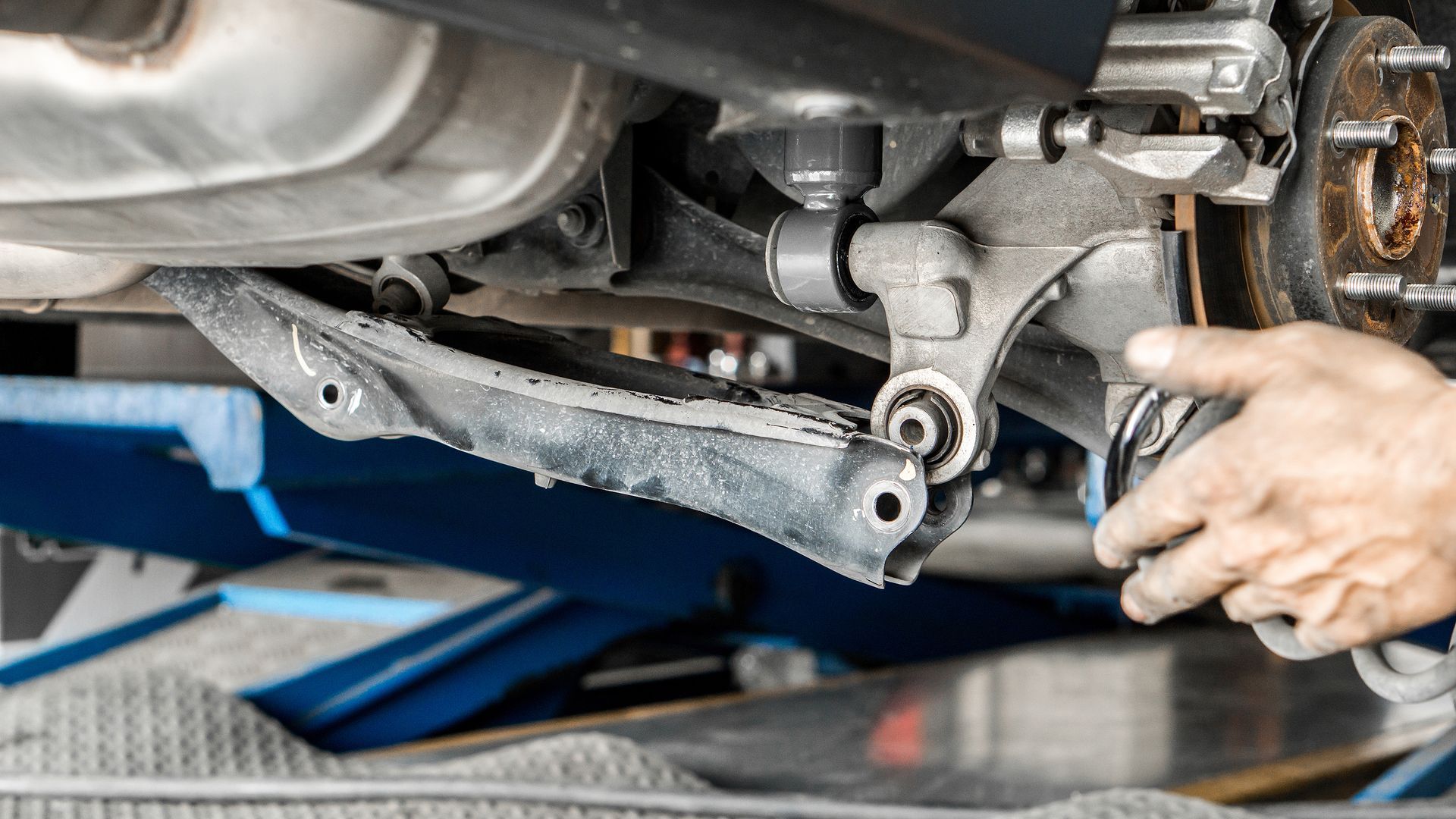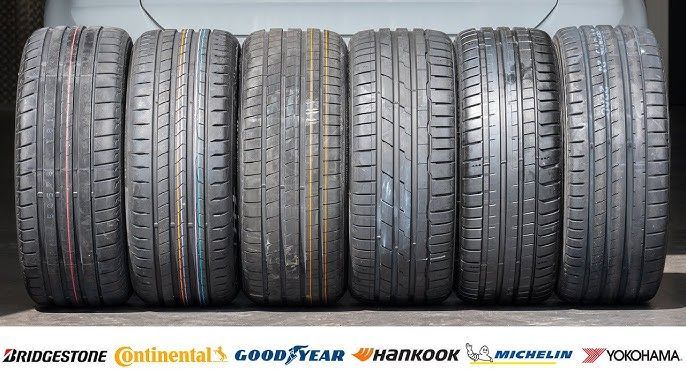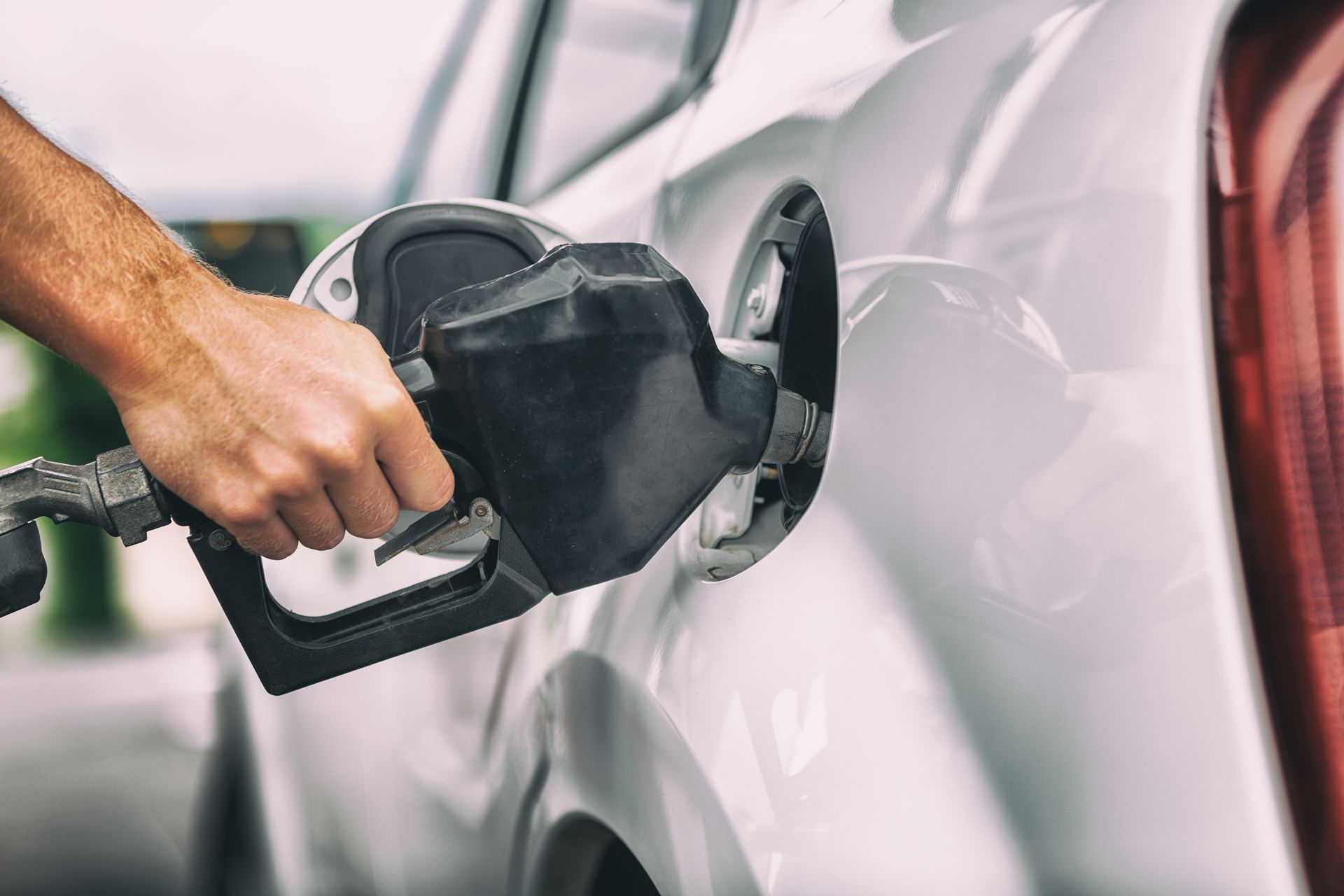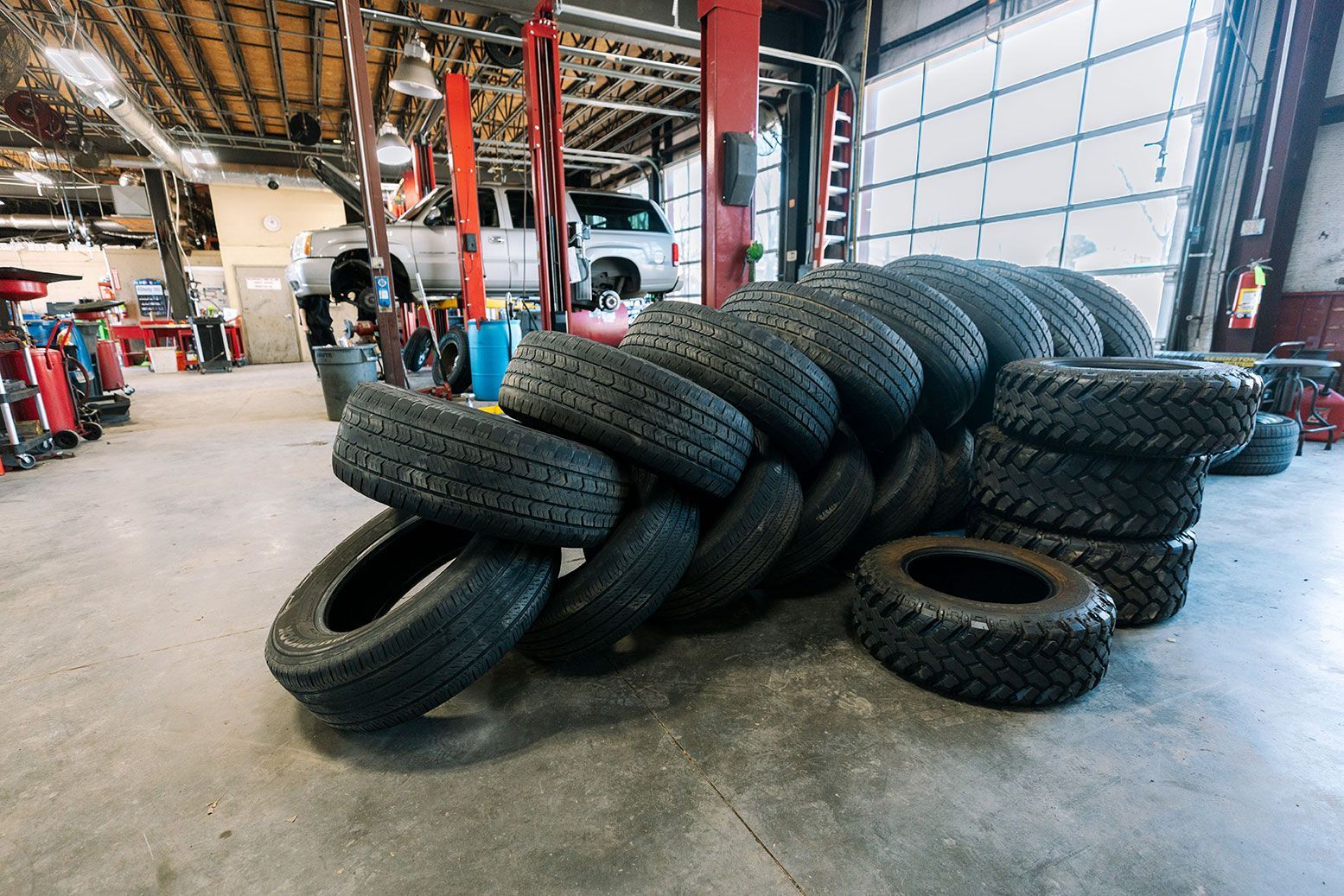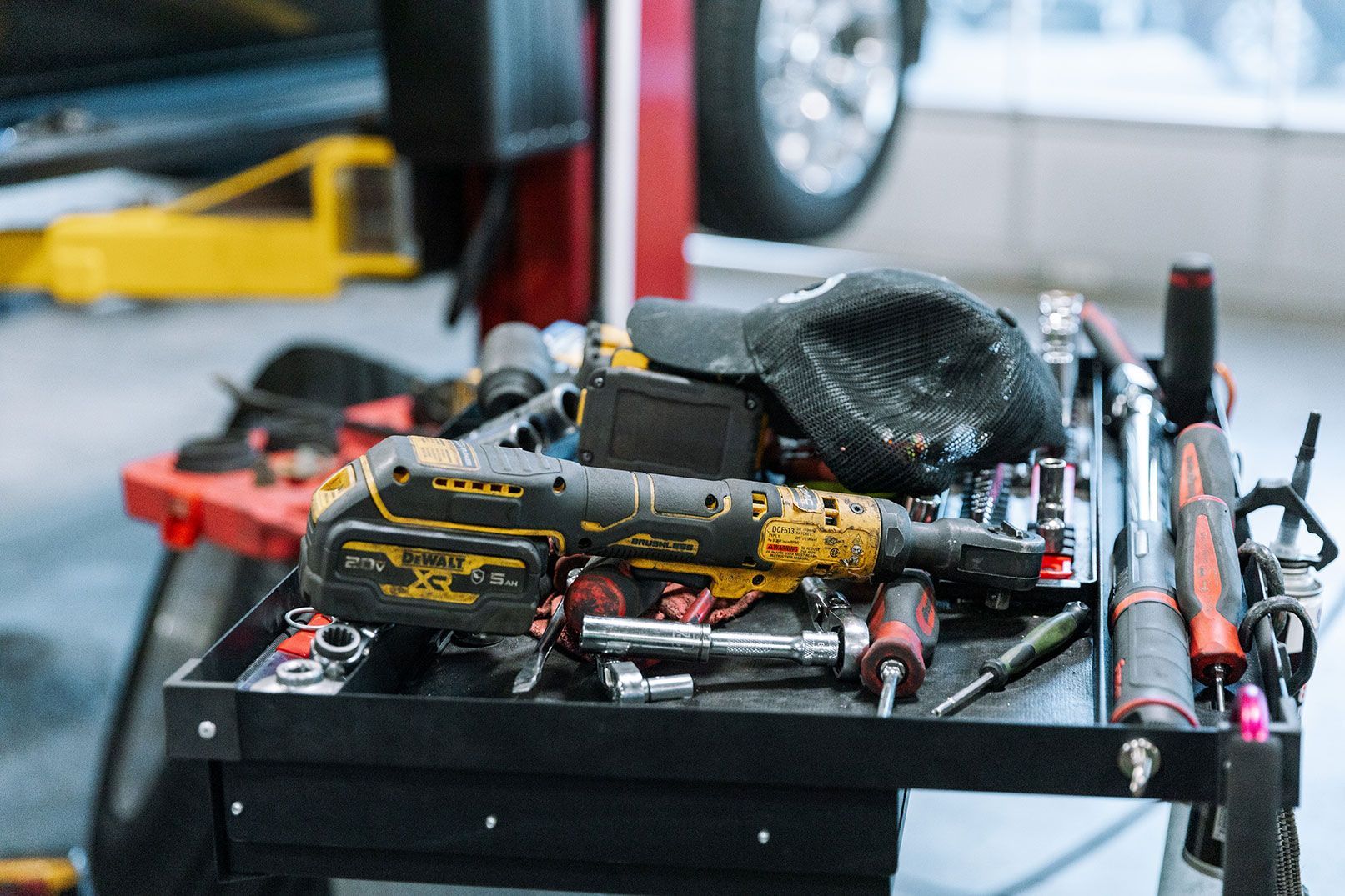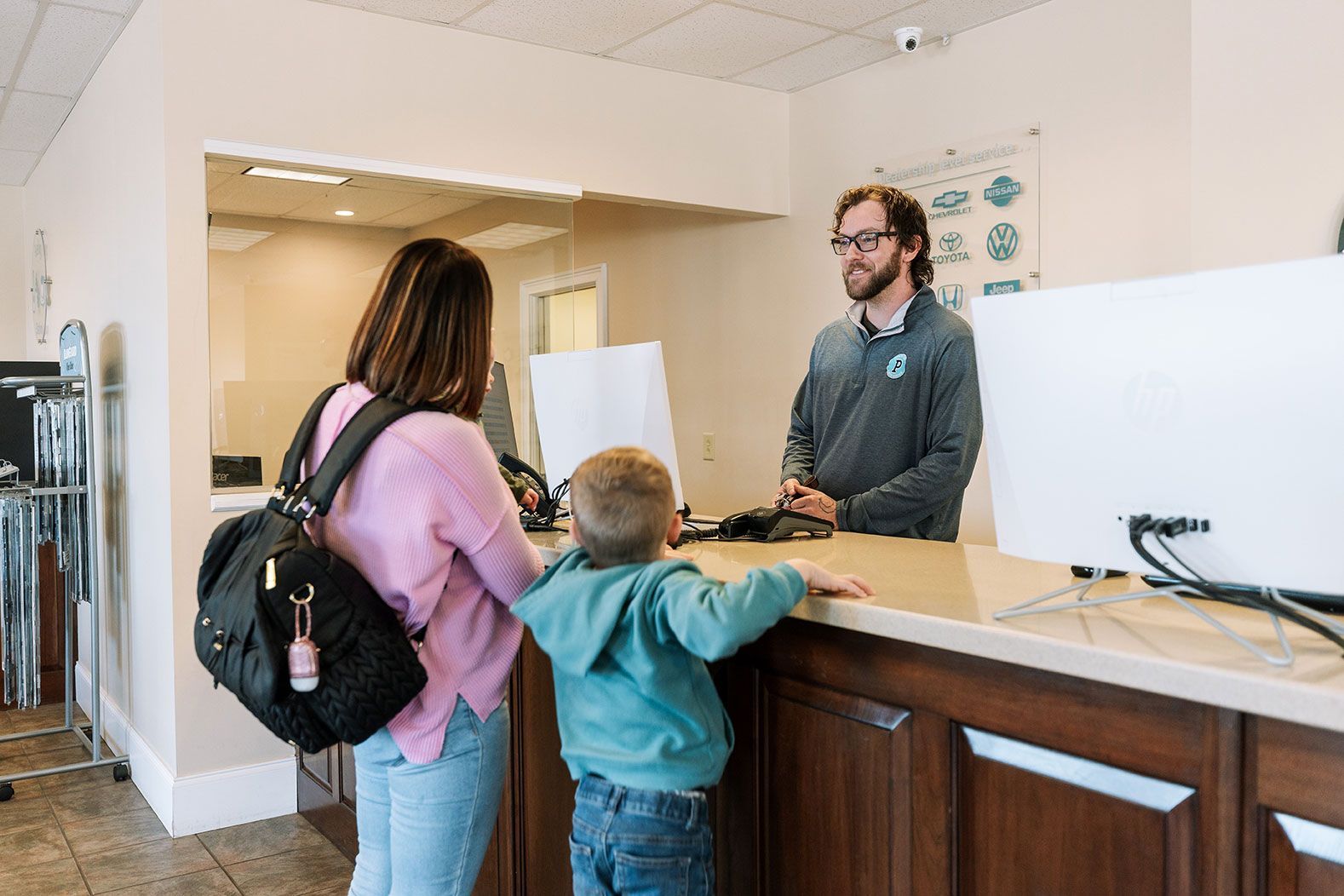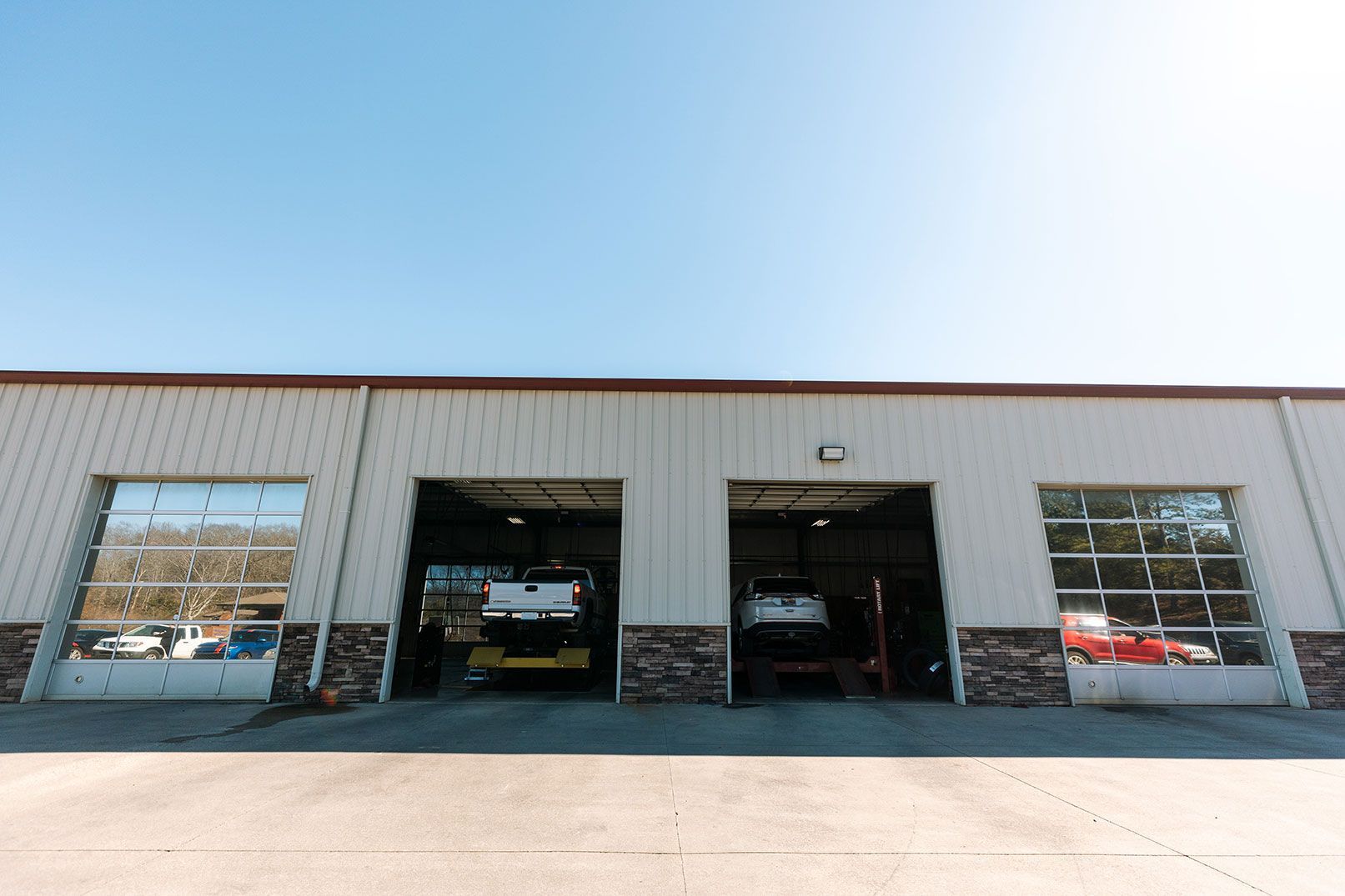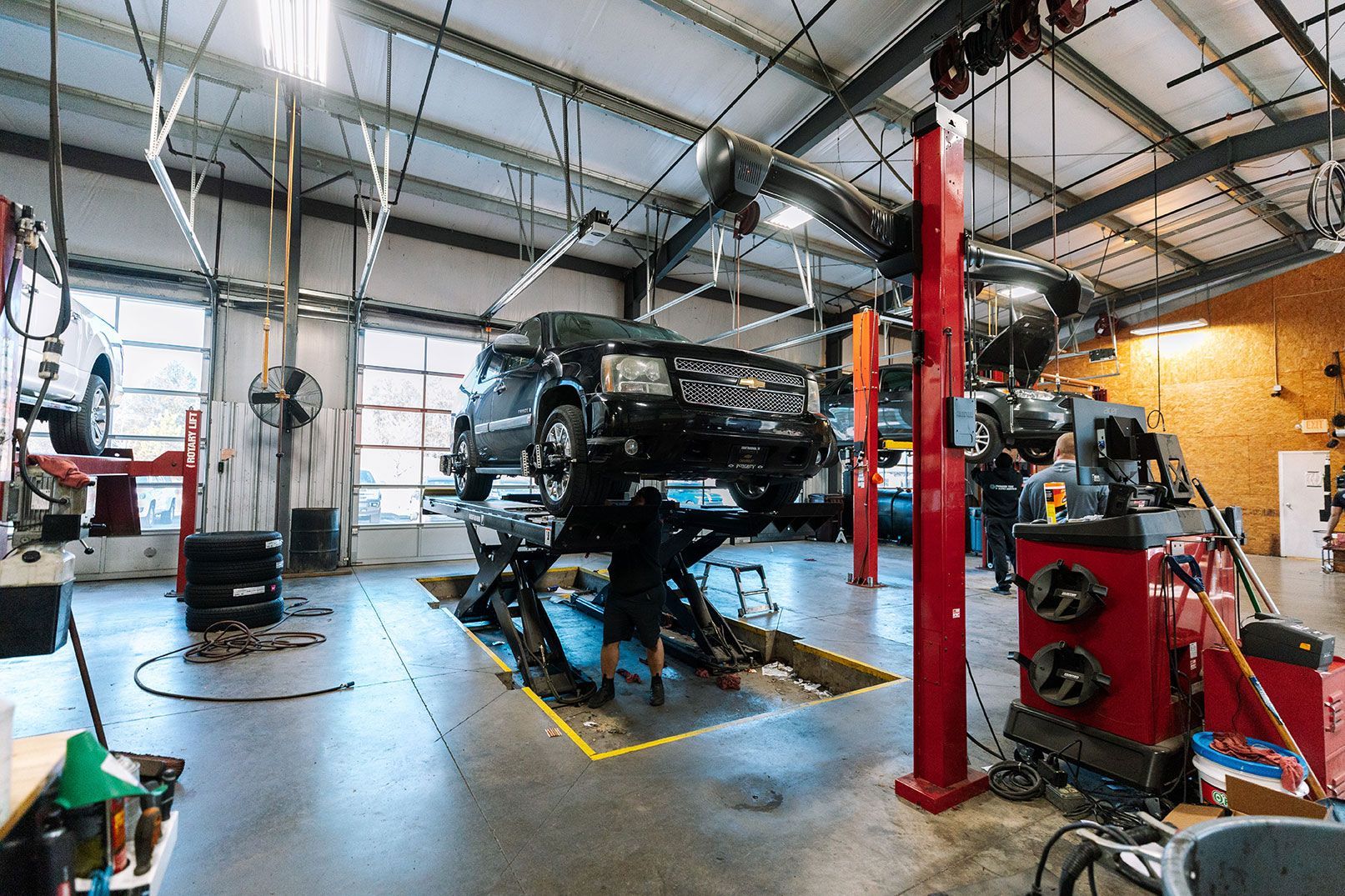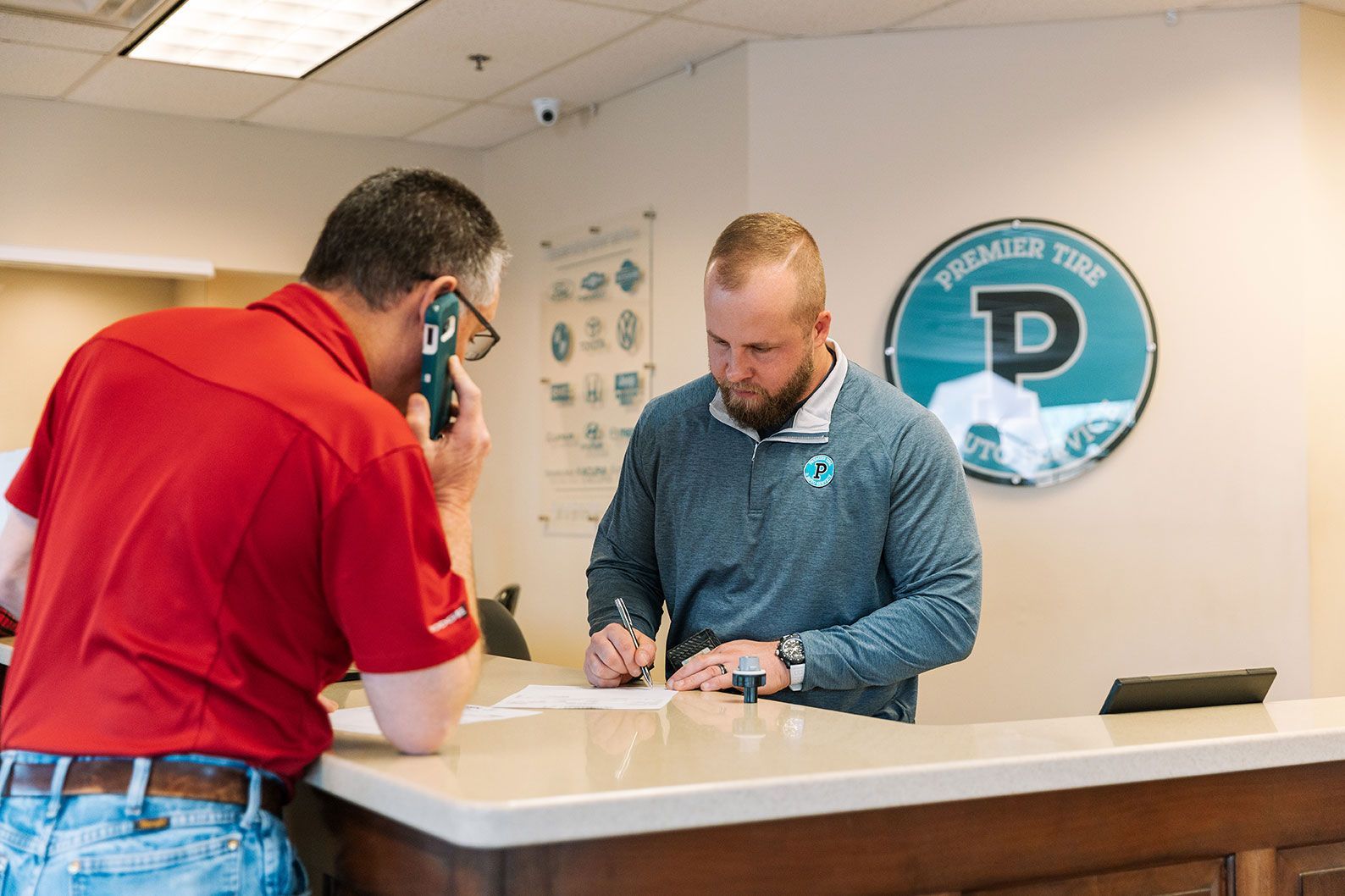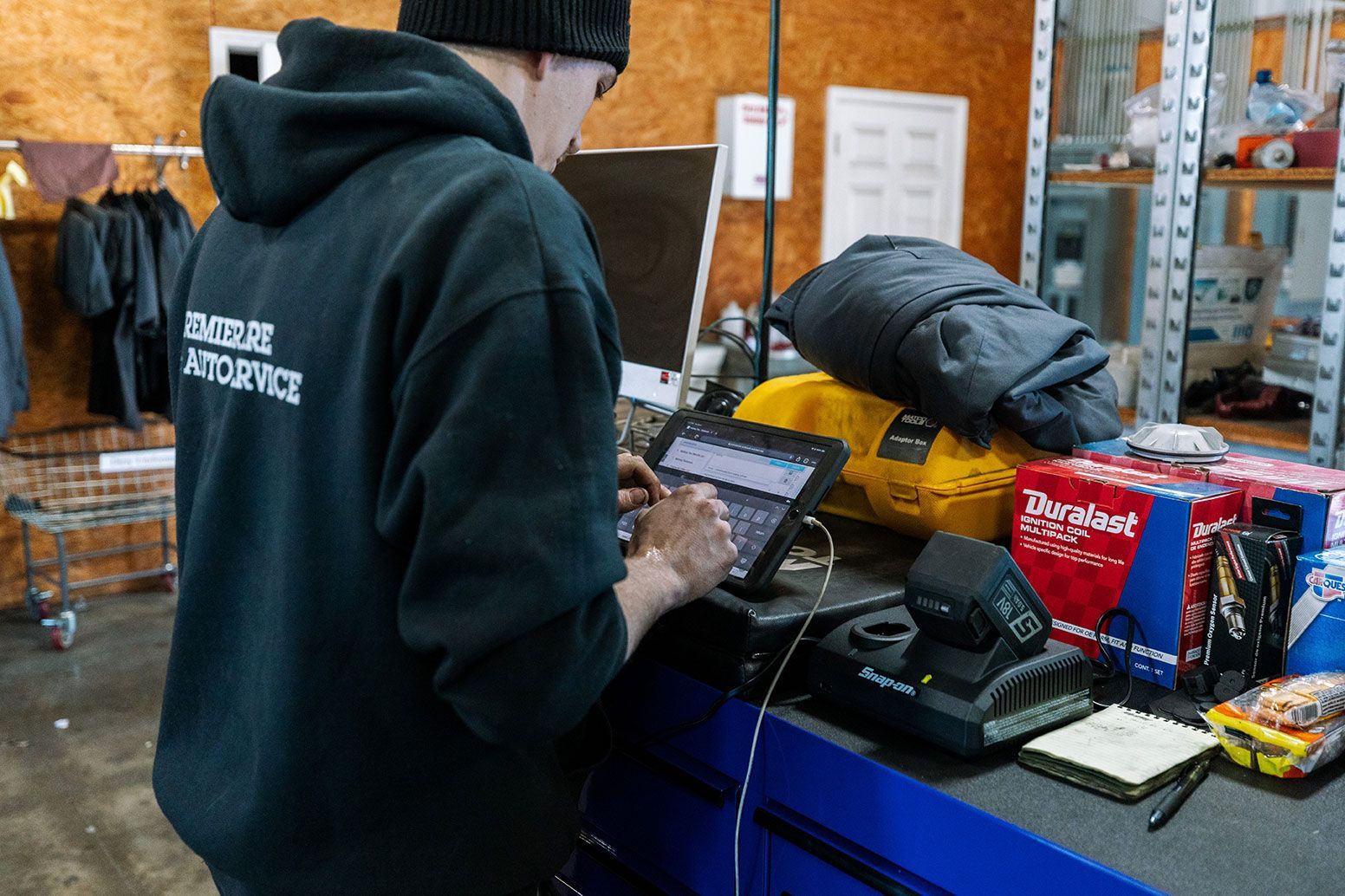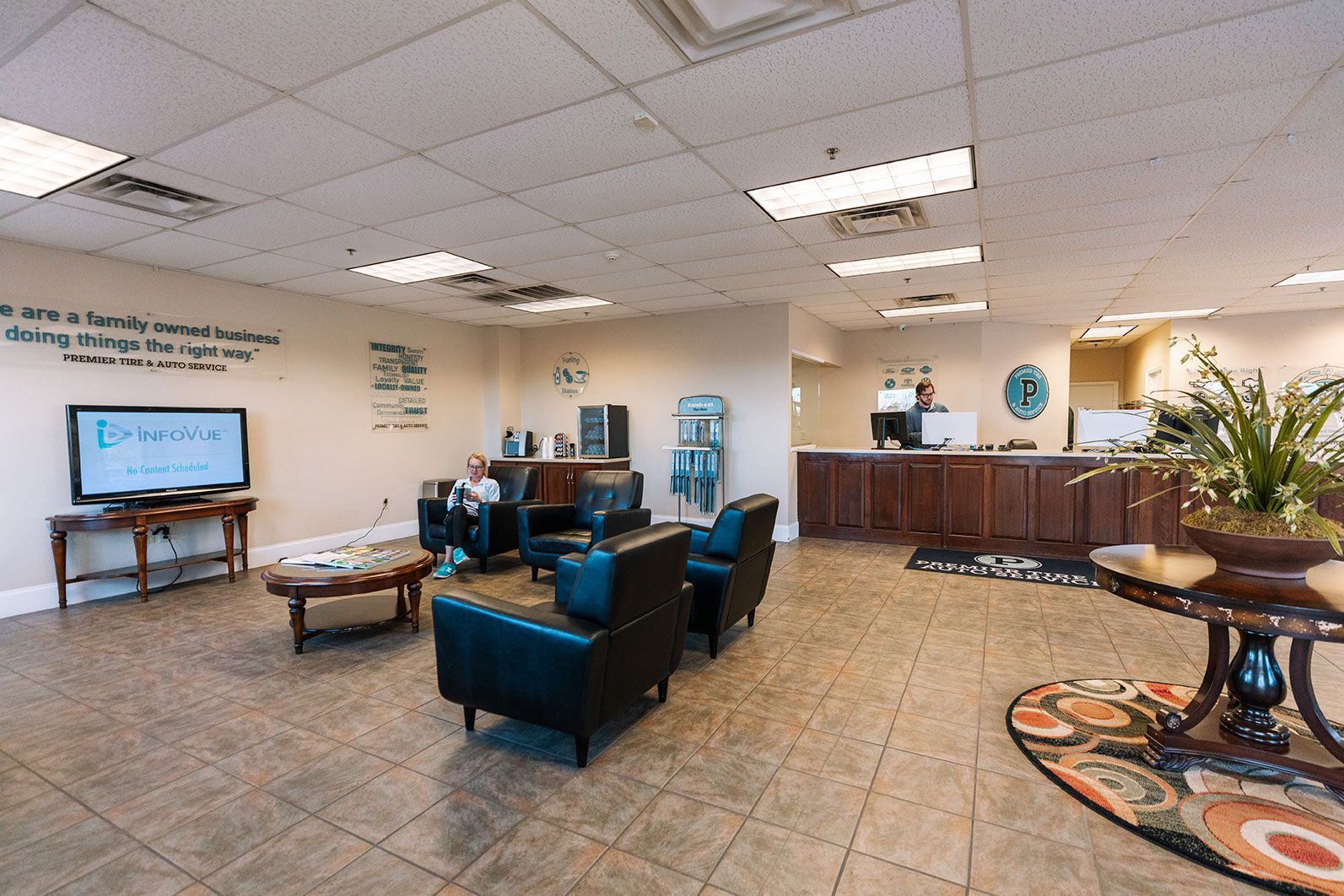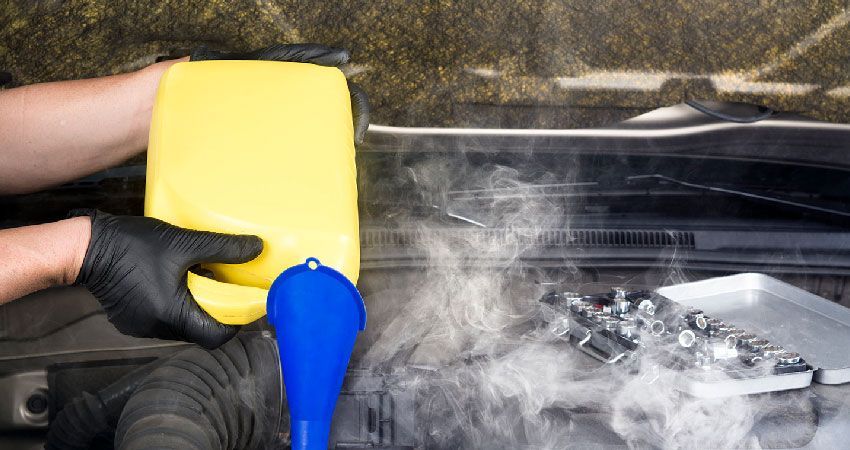
It’s finally summer and this year it looks like it’s going to be a hot one. If you’re like me, I bet you have already planned your vacation or at least scheduled a weekend getaway. At this point, I have packed my bags and planned a few fun activities for the family. I’m a little worried about one thing… my rental car. You never know if routine maintenance has been performed. I’m driving over 1,000 miles and can only hope the engine doesn’t overheat.
Engine Overheating Tips
I can’t control what kind of maintenance my rental car will have but we can all control what happens with our own vehicles. There are several things you can do to ensure your vehicle won’t overheat on a long road trip and since I’m nervous about my rental car, I want to know what to do if the engine does overheat.
Prevent Overheating Your Engine
Ensuring your vehicle is up to date on maintenance is the first step in avoiding engine trouble. There are several systems in your vehicle designed to regulate temperatures.
Engine Oil provides lubrication for the moving parts in your engine. This will reduce friction and reduce heat. Having regular and up to date oil changes will help ensure that your engine stays cool.
Your vehicles cooling system consists of various parts including fans, belts, and coolant fluids. Eventually, your automobile's cooling system will develop scale deposits which restrict coolant circulation and will require your cooling system to be flushed. Having a correctly educated specialist carry out normal examinations will guarantee your car remains effectively cooled and working for many years to come.
What to do When Your Engine Overheats
Pullover. Turn on your hazard lights, and turn off the engine.
Do not open the hood of the car.
Allow the vehicle to cool for 30 min or until the temperature gauge shows a normal temperature out of the red).
Check the coolant levels. This is usually in a transparent reservoir near the radiator. If the levels are low, refill the reservoir. It’s always a good plan to carry an extra bottle of coolant during a long hot trip.
Check hoses for leaks. You can tell the system is still working by squeezing the hose with your hand. Be careful, it's hot! You will feel the pressure from the liquid in the hose. If not, you have a problem.
If you remove the radiator cap, do so with caution. Use a rag to protect your hand and tilt the lid away from you. Never remove the radiator cap when the vehicle is hot and never pour water into a hot radiator. It can crack your engine block.
If your worried about your vehicle this summer or just need some routine maintenance, visit your local auto shop today. A skilled technician can help you with an oil change, fluid flush or auto repair you need.
Recent Posts


